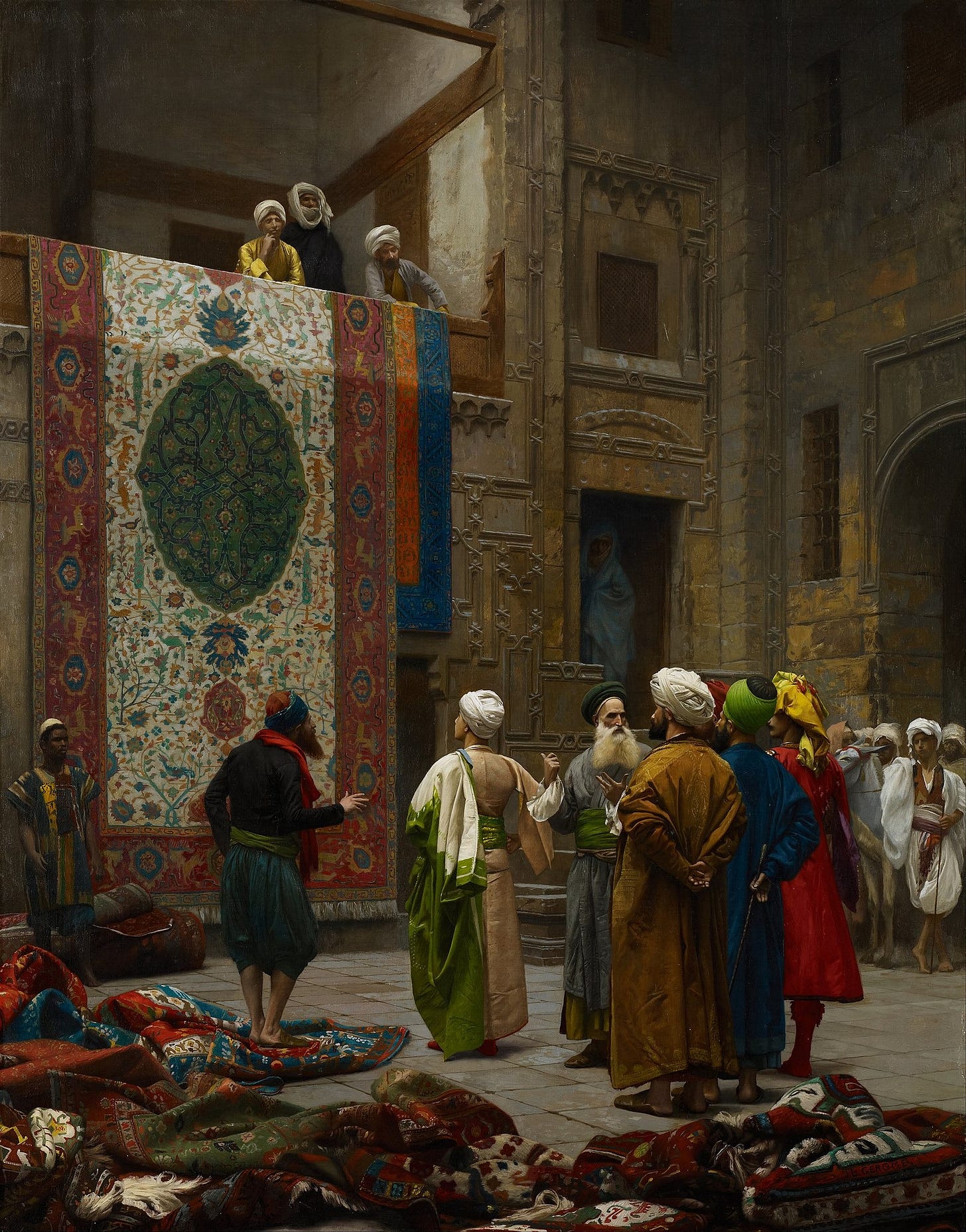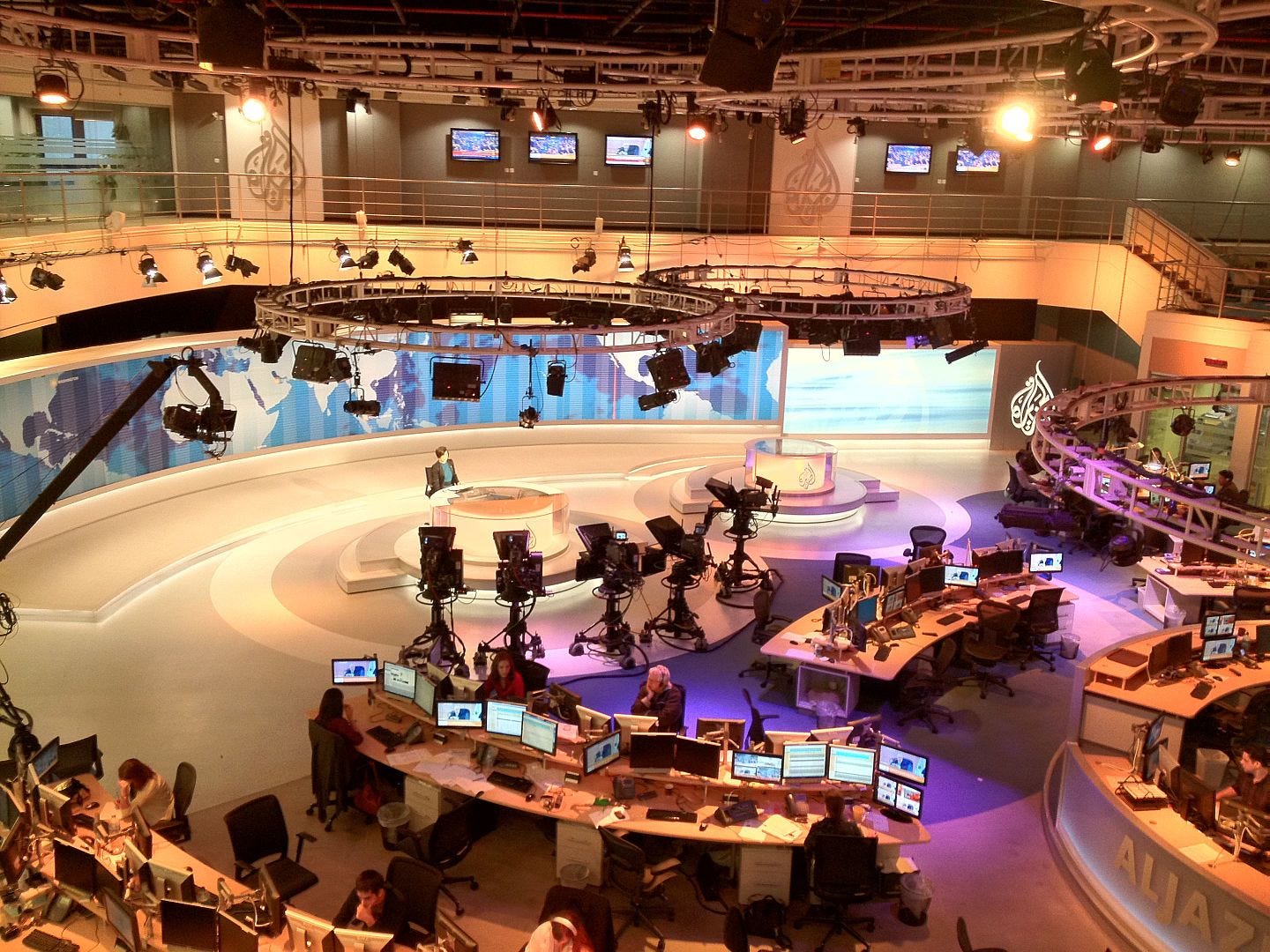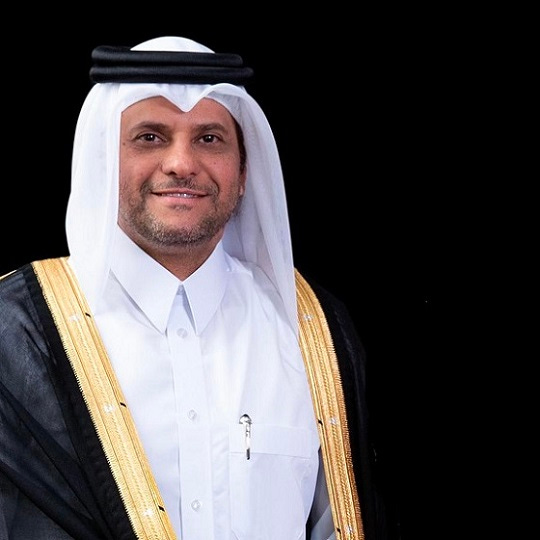“A city for sale, and doomed to speedy destruction if it finds a purchaser.”1
With these memorable words—attributed by the Roman historian Sallust to the Numidian king Jugurtha—the depth of bribery and corruption in late Republican Rome is laid bare. The phrase serves as a quintessential commentary on the self-destructive nature of moral, economic, and political decadence. The sale represents betrayal on multiple levels: of civic duty, republican ideals, and Rome’s own sense of dignity. That this indictment comes from Jugurtha, a foreign adversary, only sharpens the insult—exposing not just the internal decay but the humiliating fact that even outsiders could see it clearly. That Jugurtha not only observed but actively participated in Rome’s corruption underscores its national security implications: when the Republic's moral defenses failed, its political ones soon followed. Those who follow in such sordid footsteps risk surrendering the very mastery of their national destiny.
This essay is not a tale about ancient Rome. Nor is it a mere diatribe against decadence. It is a warning about the hazards of Qatari influence in American politics and education—a modern echo of an old danger: the sale of civic virtue to foreign interests, and the corrosion that follows. To be sure, Qatar is not alone in its malign activities, but it is the largest donor of unreported funds to American academia.2 Qatar also happens to be a longtime supporter of Islamism and the Muslim Brotherhood. Qatari promotion of these malevolent forces abroad began with the ascension to power of Hamad Bin Khalifa Al Thani in a bloodless coup in 1995. The small but wealthy emirate—independent from Great Britain since 1971—wished to be a bigger player in the region and the world.3 They and other similarly-minded states therefore saw an opportunity in the open American academic, media, and political landscape to make their mark.
The Fruits Of Foreign Funding In Academia
The Institute for the Study of Global Antisemitism and Policy (ISGAP) conducted a groundbreaking study, The Corruption of the American Mind, which examines undisclosed foreign funding in American academia.4 Their research found an inverse correlation between the acceptance of such funds and the state of free speech on campuses. According to the report, “Our findings showed that campaigns targeting academic scholars are correlated with the distribution of undocumented funds by campus.”5 Both right- and left-wing scholars have been targeted by these censorious campaigns. Academic freedom—and freedom of conscience, a cornerstone of American liberty—has become a casualty.
Moreover, as noted by the study, the consequences extend beyond these victims. ISGAP observed an association between levels of campus antisemitism and levels of undocumented money—especially from Middle Eastern and authoritarian states. ISGAP also noted:
A positive directional association between campus antisemitic incidents and antisemitic incidents on the county level; and…a higher temporal correlation between use of the #Israeliapartheid hashtag on Twitter and antisemitic incidents at education institutions that received undocumented funding than those institutions that did not.6
Agendas tend to come with lavish funding. In this respect, the broader correlation between foreign influence and the distortion of American academic discourse may be revealing.
Take for instance, the creation of the Georgetown University’s Center for Contemporary Arab Studies (CCAS) in 1975, which was established due to heavy patronage from Arab states.7 CCAS was described by As’ad AbuKhalil, a student and friend of one of its directors, as “a radical alternative to Middle East studies in the U.S.” that pushed back against the old “orientalism” bias. The very creation of CCAS was, AbuKhalil continued, unique because its promotion of pan-Arabism, the ideology that was then prevalent— though declining in the Arab world. The center was an outpost of this ideological view, according to AbuKhalil, even “when the U.S. (government, media and academia) fought all manifestations of Arab nationalism and refused to accept the legitimacy of the Arab nationalist project, or even its political existence.”8
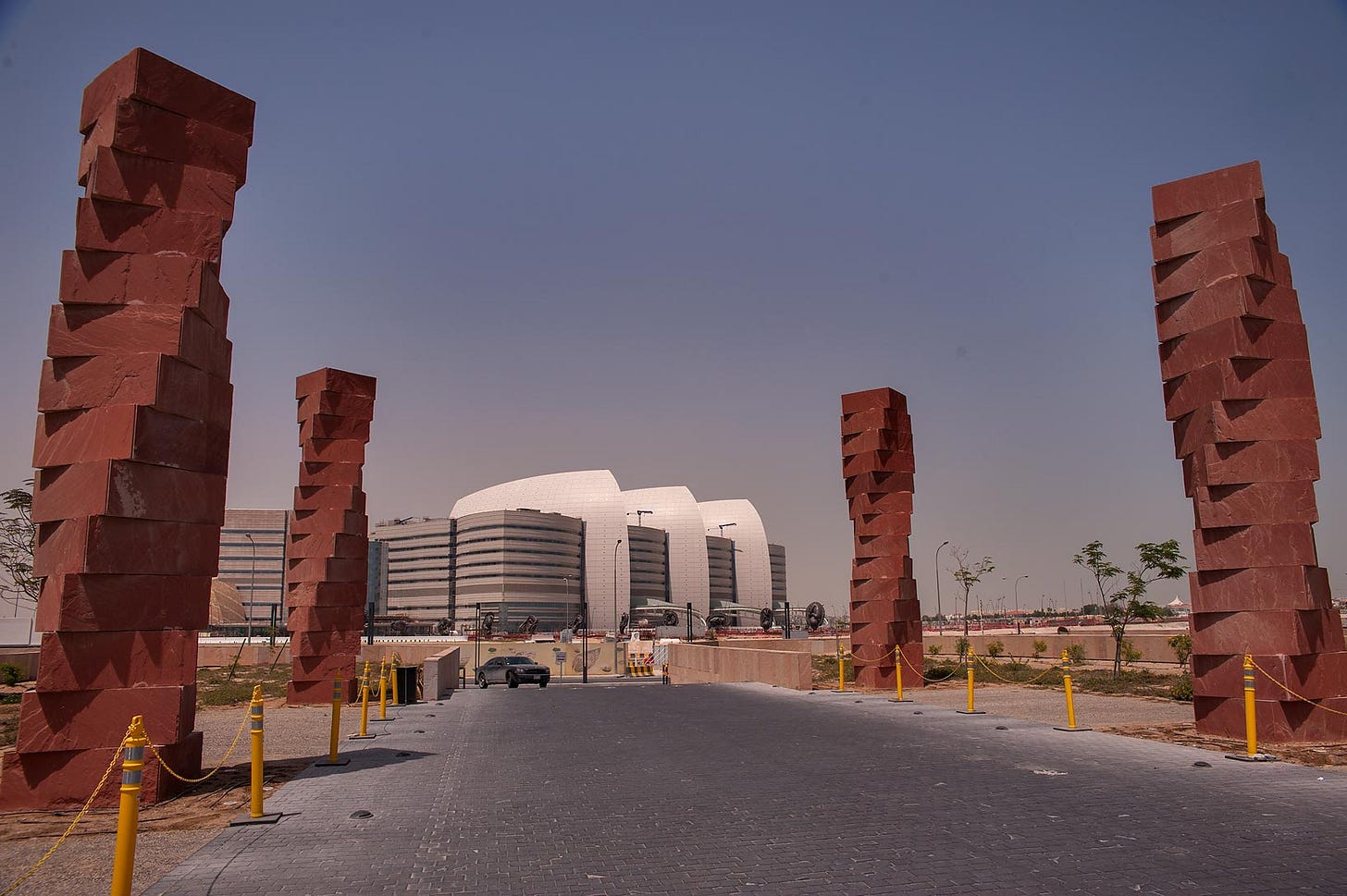
Anti-Zionism additionally became an axiomatic part of their ideological dogma—one that was actively encouraged, if not transplanted, into American academic institutions.9 One chair of the CCAS, Hisham Sharabi, came to the United States from Lebanon in 1947 for his graduate studies. He returned to Lebanon a year later and became not only a member of the fascistic Syrian Social Nationalist Party (SSNP) but an assistant of its leader, Anton Saadah.10 Sharabi was forced to flee to Jordan following a government crackdown on the party in 1949 after an attempted coup. He then found his way back to the United States to complete his studies in 1953. While in America, he continued his affiliation with the SSNP until 1955.
Afterwards, Sharabi turned his attention to the Palestinian cause and became “a prominent supporter of the Palestine Liberation Organization (PLO) when it was actively engaged in terrorist violence.” He even visited training camps for PLO terrorists in 1969 and used Georgetown’s Center for Strategic and International Studies to publish a tractate praising and defending the Palestinian use of terrorism in their struggle against Israel. The professor’s 2002 visit to a Lebanese university coupled his anti-Zionism with antisemitism when he declared that the “Jews are getting ready to take control of us [Arabs] and the Americans have entered the region to possess the oil resources and redraw the geopolitical map of the Arab world.”11
The founding of the Prince Alwaleed Bin Talal Center for Muslim-Christian Understanding12 (ACMCU) in 1993 at Georgetown University served a similar purpose but rather than promote a secular Pan-Arabist vision, it was pro-Islamist. Indeed, the center’s foundational ideological orientation was cemented from the outset.
From its very early days, ACMCU has shown a remarkable degree of uniformity in the ideological outlook of its members and their publications. Its founders and staff mainly consist of political Islamist sympathizers who generally attack U.S. foreign policy in the Middle East and defend Islamists as being pro-democracy, turning Islamophobia into a category of political abuse that conflates anti-Muslim and anti-Islamist sentiments. All this contributes to the uniform ideological conditions of the center as expressed by its faculty in their publications, public appearance, activism, and networks of relations that have formed around the center.13
Georgetown was chosen as the place for this second institution due to its proximity to Washington D.C., its reputation, and for it being connected to Sharabi.
The Saudis were major patrons of the institute. The namesake of the center, the Saudi prince Alwaleed was a notorious anti-Zionist.14 That many alumni from this prestigious university have since then gone on to occupy many positions in the U.S. State Department, the intelligence agencies, media, and NGOs15may not have been regarded as amiss by the countries that funded such initiatives such as CCAS and ACMCU. Indeed, it may have been their purpose.
To be sure, these state influences are not the origin of this distortion. For example, the beginnings of the Muslim Brotherhood network in the United States would start in the 1960s following crackdowns on the organization by many Middle Eastern states.16 Similarly, the origins of the Left-wing’s dalliance with the anti-Zionist cause points to an earlier culmination.17 These foreign states rather served as amplifiers and possibly as accelerants to these changes. For money and prestige to back a certain ideological orientation only encourages others to blindly or otherwise follow in the same footsteps.
Qatar’s role in this process can be demonstrated in its avid and enormous funding of American universities. The small emirate is the source of over $2.7 billion in undisclosed funds from 2014 to 2019 alone. This prodigious patronage by far outstrips top competitors like England, China, Saudi Arabia, the United Arab Emirates, Switzerland, India, and Germany.18 Qatar is adroit in its ability to mask state policy through ostensible private initiatives, and its influence extends not only to the realm of funding academic centers, but also through media.
A Strong Voice: Media Outreach
Al Jazeera in that sense can be considered to be Qatar’s crown jewel in its influence operation. While this media outlet, which was founded and is located in Qatar, asserts that it has independence from the Qatari government and is not owned by them there are grounds to question this. The owner of the company’s shares was listed as the Emir and the State of Qatar is the controlling party.19 The chairman of the board is a member of the royal family.20 This media company acquired Current TV from former Vice President Al Gore in 2013.21 As a result, Current TV became Al Jazeera America.22 The Qatari outlet’s media activities eventually raised the eyebrows of American authorities. The Department of Justice (DOJ) determined in 2020 that the progressive targeting23 AJ+, a network affiliated with Al Jazeera, had engaged in “political activities” on Qatar’s behalf to such a degree that they have to register under FARA.24 So far, however, there has been no follow up on this demand by the DOJ.25
Nor has Qatar ceased trying to purchase influence in the United States. They have even expanded their net to pay money to reach conservative populist audiences.26 Tucker Carlson’s interview with the prime minister of Qatar27 was an example of this outreach strategy. This is not to argue that Carlson is the dupe of Qatar. If one wished to steel-man Carlson’s motivations for the interview it would be that he wanted to use the Qatari politician to build his case against a then-hypothetical war with Iran. Carlson, these advocates might argue, is a skeptic and opponent of American intervention abroad.
Still, there are cracks in this steel-man defense. When Carlson was pressed by Piers Morgan over support for Israel as an American ally, Carlson responded by saying that he did not know what that word—ally—means. It is paradoxical that Carlson later used the exact same word to describe Qatar’s relationship with the United States. “The largest American air base in the Middle East is in Qatar, they’re a close ally of ours,” he told Megyn Kelly.28
This suggests that Carlson is, in fact, aware of what the term ‘ally’ means. Indeed, during his interview with the Qatari prime minister, he did not push back against the concept of having a close relationship with the Qataris. He did not during that interview question the wisdom of having a U.S. military base in Qatar. In fact, he used the presence of the air base to frame Qatar in a positive light. As Al-Thani, the prime minister, explained:
“It [the decision to host the American base] turned out to be right. The most important U.S. base outside the United States and it served the security of the United States but also it served the stability of this region.”29
Carlson did not challenge this statement at the time and as seen above echoed these sentiments in later interviews with local American pundits.
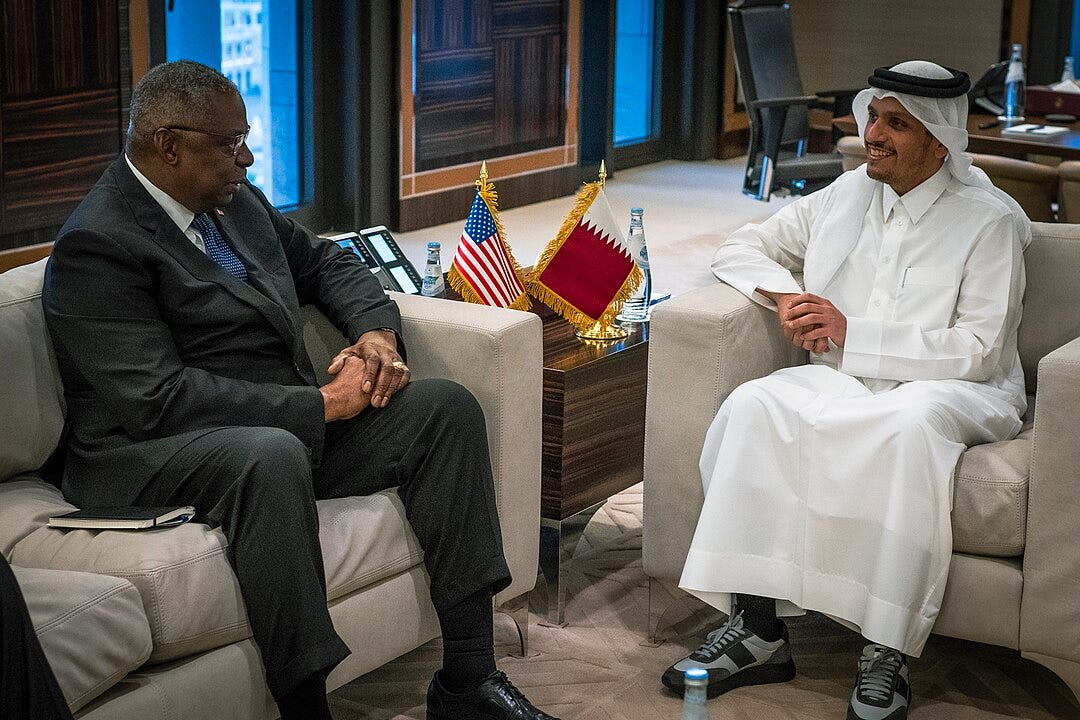
Yet, the very base in Qatar that Carlson once cited as evidence of their friendship with the United States became the object of his scrutiny and scorn when Iran attacked it to retaliate against America striking Fordow and other nuclear installations.30 “That base [in Qatar] exists to protect Israel by the way,” Carlson said matter-of-factly. He then curiously pivoted to defend Qatar by observing that the country did not need the base and that they are only hosting the base “to be nice.”31 Never mind that the base sits near the vital Strait of Hormuz—a major shipping line for oil and gas—apparently, in Carlson’s world, it only exists for the sole reason of defending Israel. So too is Carlson sure that Qatar totally has no agenda aside from offering unrequited friendship in allowing the United States the honor of this base. One can already see the strains on logic and consistency in Carlson’s commentary about the value of the base.
A Shift In The Political Realm
Carlson, however, is not the only person who has warmed to Qatar. Sen. Roger Marshall’s (R-KS) sudden rush to defend Qatar as friends of America during a Congressional hearing in March on campus antisemitism was also indicative. The senator accosted those critical of Qatari largesse of American academia as being “prejudiced.” Marshall went even further, likening it to scapegoating and antisemitic hatred.
The only defensible point he raised was that correlation does not necessarily imply causation. While this is statistically true, it does not justify ignoring consistent patterns between foreign funding and ideological shifts. Marshall also claimed there were no riots or protests at Virginia Commonwealth University or Carnegie Mellon University—both recipients of Qatari funding—as an attempt to undermine a broader statistical study linking foreign money to increased antisemitism on campus.32 This argument fails for two key reasons:
1. Even if accurate, citing two cases does not invalidate a study based on a much larger dataset.
2. Protests and clashes have, in fact, occurred at these universities, contradicting his assertion.33
Ironically, Marshall himself had previously taken a far more critical stance. He excoriated Qatar in 2019 as having a “blind eye” to terrorism as he questioned American relations with the country. This view allegedly changed from 2022-2023 following lobbying efforts by the Gulf state and a visit by the politician to Qatar.34Now, it is the right of any individual—public officials included— to change their mind over a subject due to a fresh examination of the case. The fact then that Marshall’s tune and outlook changed by itself is not condemnable. It is rather that at the 2025 hearing, he advanced demonstrably false assertions while disregarding the ideological entanglements that accompany Qatar’s global posture.
Qatar has long supported the Muslim Brotherhood35 and by extension Hamas. This relationship goes beyond mere past funding and Qatar offering sanctuary to Hamas leaders.36 Qatari officials have repeatedly voiced support for the terrorist organization. “We Are All Hamas,” Saoud bin Abdulrahman Al Thani tweeted back in 2014. The royal called for Jerusalem to rise up against the hated Zionist foe and “shoot flames of fire.” Saoud also called Ismail Haniyeh, the then-leader of Hamas, a “brother.”
“Israel’s control of the U.S. is clear. We must plan how to influence the decision-makers in the U.S,” Al Thani wrote in 2021.37Al Thani is the current Minister of Defense of Qatar and Deputy Prime Minister.38Another Qatari official who voiced similar sentiments was Majed Muhummad al-Ansari, who is a spokesperson for the Qatari foreign ministry, was welcomed to the United States back in 2024.39 Indeed, the Qatari state and its affiliates have since October 7, 2023 voiced support for the terrorist organization.40
Now, Qatar is not the originator of Hamas, nor is it solely responsible for exploiting America’s thirst for foreign educational investment—but it is a key exacerbator of both. Through a deliberate blend of soft power, ideological exportation, and financial influence, it has become a modern ‘purchaser’ of a democratic superpower’s intellectual and political capital. This purchased influence is not neutral. It tilts the discourse, narrows dissent, and compromises the very independence that academia, media, and government are supposed to safeguard. In failing to confront this, America risks a fate eerily similar to that of Jugurtha’s Rome: a republic whose mind, like its soul, is for sale.
Sallust (2015). The Jugurthine War and The Conspiracy of Catiline (J.C. Rolfe, Trans.) Roman Roads Media, 29.
Small, C.A. et al. (2023). The Corruption of the American Mind: How Concealed Funding Of Higher Education In The United States Predicts The Erosion Of Democratic Values And Antisemitic Sentiment On Campus. The Institute for the Study of Global Antisemitism and Policy, 3, 5, 8. https://isgap.org/wp-content/uploads/2023/11/The-Corruption-of-the-American-Mind_DKFormat2.pdf.
Networks of Hate: Qatari Paymasters, Soft Power And The Manipulation Of Democracy. (2023). The Institute for the Study of Global Antisemitism and Policy, 3. https://isgap.org/wp-content/uploads/2023/12/Networks-of-Hate_5DEC.pdf.
Indeed, not just institutes of higher learning are targeted by foreign actors but educational programs for kindergarteners to high schoolers. See, Foreign Influence And Anti-Israel Bias In K-12 Classrooms: An Investigation Of Brown University’s Choices Program. (2025). The Institute for the Study of Global Antisemitism and Policy. https://isgap.org/wp-content/uploads/2025/03/K12_Report_Final_20250310.pdf.
Small, C.A. et al., The Corruption of the American Mind, 12.
Ibid., 1.
Foreign Infiltration: Georgetown University, Qatar, And The Muslim Brotherhood. (2025). The Institute for the Study of Global Antisemitism and Policy, 20. https://isgap.org/wp-content/uploads/2025/06/FTM-GEORGETOWN-REPORT-2025-05-23-1.pdf.
Ibid., 24.
See for instance, Michael Hudson, the founding director of CCAS, positions on Zionism. Ibid., 23-24. For how American missionaries influenced Arab nationalism, see Hulkower, I. (2025, May 8). Pity The Nation Revisited Part 1: A Lamentation Of Lebanese Politics. Substack. https://ihulkower.substack.com/p/pity-the-nation-revisited-part-1.
On the emergence of the SSNP, Saadah, and their influence on Arab politics, see Hulkower, I. (2025, May 8). Pity The Nation Revisited Part 1.
Foreign Infiltration (2025), 25-28.
Originally founded as the Center for Muslim-Christian Understanding. The center changed its name in 2006. Ibid., 38-39.
Ibid., 41. On this philosophical phenomenon of Western institutions accommodating a shift of Islamism from ideology to identity and how the affiliates of Muslim Brotherhood came to dominate the role of spokespersons for this shift in Western discourse, see Mansour, H.A. (2025, May 12). From Ideology to Identity: The Western Metamorphosis of Post-Brotherhood Islamism. The Abrahamic Metacritique, Substack.
.
Foreign Infiltration (2025), 39.
Ibid., 3.
Baran, Z. (2008, February 27). The Muslim Brotherhood’s U.S. Network. Hudson Institute. https://www.hudson.org/national-security-defense/the-muslim-brotherhood-s-u-s-network.
See Hulkower, I. (2025, May 27). An Assassin’s Bullets And A Siren’s Song: A Polemic. Substack. https://substack.com/home/post/p-164569815. In the field of Middle East studies, the decisive break for the Palestinian cause came with Edward Said’s 1986 debate with Bernard Lewis. Kramer, M. (2017, May 11). Edward Said and Middle Eastern studies in America. Martin Kramer on the Middle East. https://martinkramer.org/2017/05/11/edward-said-and-middle-eastern-studies-in-america/.
Small, C.A. et al. (2023). The Corruption of the American Mind, 8. By way of contrast and comparison, gifts or contracts from Israel to American higher learning institutes totaled to $375 million over a two-decade period. See Borga, S. & Popli, N. (2024, May 2). Protestors Are Calling on Universities to Divest from Israel. Here is what that means. Time. https://time.com/6974063/divestment-explained-campus-protest-israel/; What are US colleges’ financial ties to Israel? (2024, April 24). Dawn. https://www.dawn.com/news/1829354#:~:text=According%20to%20an%20Education%20Department,over%20the%20past%20two%20decades.
Networks of Hate. (2023), 20.
Sheikh Hamad bin Thamer Al Thani. Al Jazeera. Retrieved on June 12, 2025, from https://network.aljazeera.net/en/profile/leadership/sheikh-hamad-bin-thamer-al-thani.
Networks of Hate. (2023), 20.
Henn, S. (2013, January 3). Al Gore’s Current TV Sold To Al Jazeera. NPR. https://www.npr.org/2013/01/03/168508578/al-gores-current-tv-sold-to-al-jazeera.
Frisch, H. (2023, January 19). Duping the World: Qatar’s Media Manipulations. The Jerusalem Institute for Strategy and Security. https://jiss.org.il/en/frisch-duping-the-world-qatars-media-manipulations/.
Tracy, M. & Jakes, L. (2020, September 15). U.S. Orders Al Jazeera Affiliate to Register as Foreign Agent. The New York Times. https://www.nytimes.com/2020/09/15/business/media/aj-al-jazeera-fara.html.
Comer Opens Probe into DOJ’s Failure to Enforce FARA Requirements. (2024, February 8). Committee on Oversight And Government Reform. https://oversight.house.gov/release/comer-opens-probe-into-dojs-failure-to-enforce-fara-requirements/; Qatari-Backed Media Still Not Registered Foreign Agents Law Despite Justice Department Determination, Senators Want To Know Why. (2021, July 2). Chuck Grassley. https://www.grassley.senate.gov/news/news-releases/qatari-backed-media-still-not-registered-under-foreign-agents-law-despite-justice-department-determination-senators-want-to-know-why#:~:text=DOJ's%20National%20Security%20Division%20made,%E2%80%9D%20among%20other%20reasons%2C%E2%80%9D%20the.
Schmad, R. (2025, May 17). Conservative media targeted by Qatari foreign influence operations. Washington Examiner. https://www.washingtonexaminer.com/news/investigations/3414894/conservative-media-targeted-qatari-foreign-influence-operations/.
Carlson, T. (2025, March 7). War with Iran? The Prime Minister of Qatar Is Being Attacked In The Media For Wanting To Stop It. The Tucker Carlson Show. https://tuckercarlson.com/tucker-show-qatar-prime-minister.
Schorr, I. (2025, April 30). Tucker Carlson Accuses Ben Shapiro of ‘Shilling’ for Israel: ‘Too Much For My Tiny Brain to Deal With.’ Mediaite. https://www.mediaite.com/media/news/tucker-carlson-accuses-ben-shapiro-of-shilling-for-israel-too-much-for-my-tiny-brain-to-deal-with/; IBSI-Institute for Black Solidarity with Israel. (2025, April 30). Tucker Carlson on Israel as a US ally. Facebook. https://www.facebook.com/watch/?v=1124734582746061.
Carlson, T. (2025, March 7). War with Iran? 17:29-18:33.
For the decision to attack Fordow, see Hulkower, I. (2025, June 26). Bombs over Fordow: The Mountain and The Atom. Substack. https://substack.com/home/post/p-166911647.
Tucker Carlson Network [@TCNetwork]. (2025, June 23). Iran launches missile attack on US base in Qatar [Tweet; thumbnail to video]. X. https://x.com/TCNetwork/status/1937213722998550849.
See exchange:
exchanges ends at 1:11:16.
See Rod, Marc (2025, March 31). Inside Sen. Roger Marshall’s curious 180 on Qatar. Jewish Insider. https://jewishinsider.com/2025/03/kansas-senator-roger-marshall-qatar-hamas-israel-campus-antisemitism/.
Block, F. & Solomon, J. (2025, May 13). How Qatar Bought America. The Free Press.
.
For information on that, see Networks of Hate, 2-3, 6.
Times of Israel. (2025, June 9). Hamas documents reportedly show deep ties, coordination between Qatar, terror group. The Times of Israel. https://www.timesofisrael.com/hamas-documents-reportedly-show-deep-ties-coordination-between-qatar-terror-group/; 10 Things to Know About Hamas and Qatar. (2023, December 19). The Foundation for Defense of Democracies. https://www.fdd.org/analysis/2023/12/19/10-things-to-know-about-hamas-and-qatar/. This funding of Hamas by Qatar even preceded Netanyahu’s re-gaining of the premiership in 2009, Peskin, D. (2023, October 26). Cash flow: 16 years of Qatari money to Hamas has created a monster. CTech. https://www.calcalistech.com/ctechnews/article/lretnzx9l.
MEMRI. (2025, March 28). Qatari defense in past tweets: ‘We are all Hamas.’ JNS. https://www.jns.org/qatari-defense-minister-in-past-tweets-we-are-all-hamas/.
JC Reporter, Jewish News Syndicate. (2025, March 28). Qatari Defense Minister reportedly tweeted about ‘Israel’s control of the US’ and said ‘We are all Hamas.’ The Jewish Chronicle. https://www.thejc.com/news/world/qatari-defence-minister-tweets-israel-hamas-qxq9kj2d.
Kredo, A. (2024, April 3). State Department Hosted Qatari Official Who Praised Hamas Terrorism. The Washington Free Beacon. https://freebeacon.com/national-security/state-department-hosted-qatari-official-who-praised-hamas-terrorism/.
FROM THE MEMRI ARCHIVES: Since Hamas’s October 7 Attack on Israel, Qatar’s Unreserved For Hamas, Incitement Against Israel, Continues On The Political, Media, Educational, and Political Levels. (2025, May 20). MEMRI. https://www.memri.org/reports/memri-archives-hamas-october-7-attack-israel-qatars-unreserved-support-hamas-incitement.



